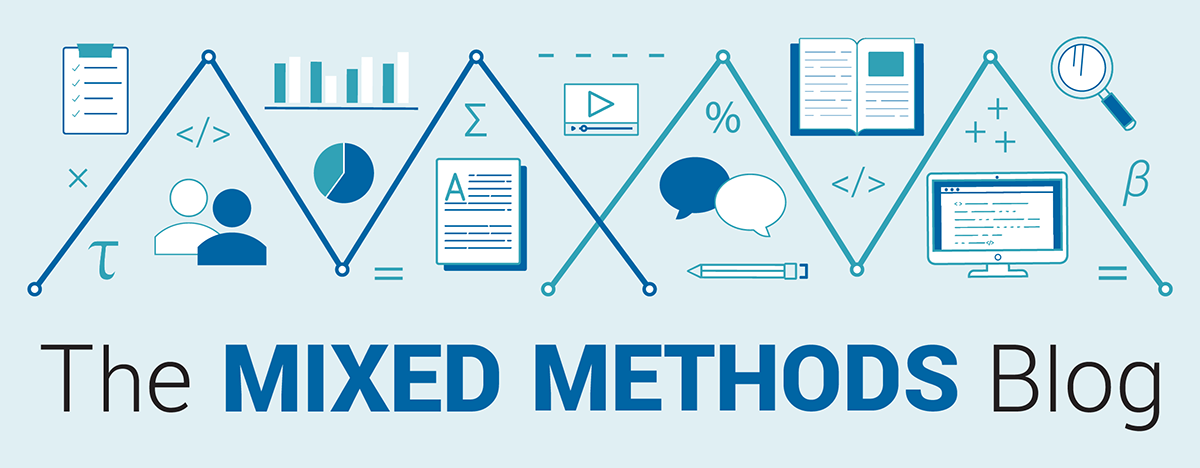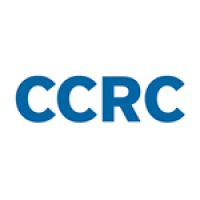By Maria Scott Cormier and Jim Jacobs
Popular discussion of the future of work often focuses on the ways in which sophisticated new technologies may replace human labor and take jobs from engineers, managers, and professionals who have earned bachelor’s and graduate degrees. Yet the implementation of new technologies may significantly alter occupational roles throughout the economy, including in entry-level and middle-skill jobs. The movement toward composite materials and plastics advanced by adaptive technologies, for example, is altering the demand for welders, and increased automation in long-term care facilities may change skill requirements for licensed practical nurses.
Given the changing terrain, the questions community colleges must weigh include: What are the implications for workforce education in community colleges and for individuals who rely on community colleges for career preparation? What do new technologies and related organizational developments mean for program design, delivery, and curriculum, as well as for employer engagement and the provision of work-based experiences? How do these changes affect regional cooperation between colleges and industry?
These questions are particularly salient for low-income and first-generation college students. Community colleges are the primary postsecondary institutions these students turn to for skills, credentials, and connections, in large measure because they are affordable and accessible in comparison to most four-year colleges and private technical schools. Community colleges provide technical knowledge and skills required to enter and advance in specific occupations. The colleges also strengthen students’ basic reading, writing, and math skills, and they provide opportunities for students to acquire non-technical skills that are increasingly valued by employers, such as the ability to work effectively in teams and the willingness to take initiative to solve problems.
How community colleges adapt to labor market trends and skill demands will influence whether technological advances ultimately serve to increase equity of opportunity and inclusion, or widen gaps between social and economic groups. To understand whether new workplace technologies contribute to shared prosperity and create new paths to opportunity for workers at all levels, we need a clearer picture of how community colleges and employers respond to changing skill demands.
In July, CCRC launched a new research project in partnership with MIT’s Task Force on the Work of the Future that aims to address these issues. With funding from Lumina Foundation and the Ralph C. Wilson, Jr. Foundation, the project focuses on workplace adaptation and skill demands in three industries: health care, information technology, and advanced manufacturing. Not only are these sectors likely to be affected by new technologies, but they also continue to rely on community colleges as training grounds and are expected to grow in the coming years.
Over the next year, through intensive fieldwork at nine suburban and urban community colleges, CCRC and MIT researchers will examine the content (what needs to be taught), organizational design (e.g., credit/noncredit distinctions and scheduling), and pedagogy (online, in-class, or work-based) in career programs associated with these three industries that may need to be adjusted to accommodate new technologies and shifting skill demands. Researchers will also meet with regional employers to better understand how they are collaborating with community colleges to address the needs of students from all economic and social backgrounds in training for high-demand occupations.
We expect the findings to show how leading community colleges are responding to workplace changes and adapting to create and strengthen contemporary pathways to quality employment. As part of this project, CCRC and the MIT Task Force plan to convene community college workforce leaders to discuss promising practices and strategies for improvement. Forthcoming blog posts will share community college practitioner and employer perceptions and experiences.
Maria Scott Cormier is a senior research associate at CCRC, and Jim Jacobs is a research affiliate at CCRC.






